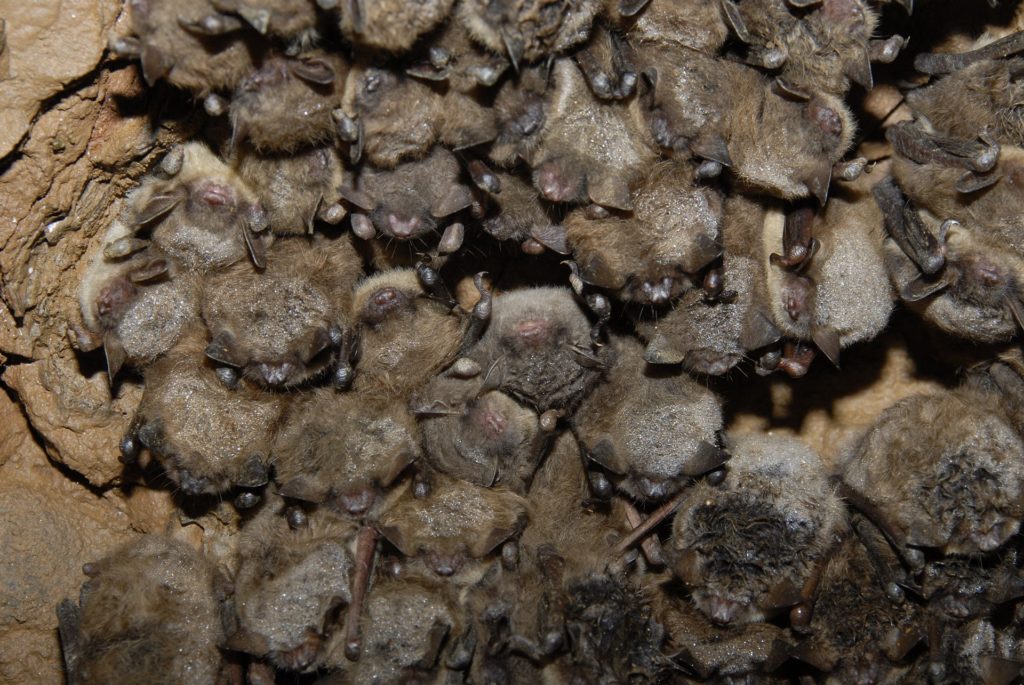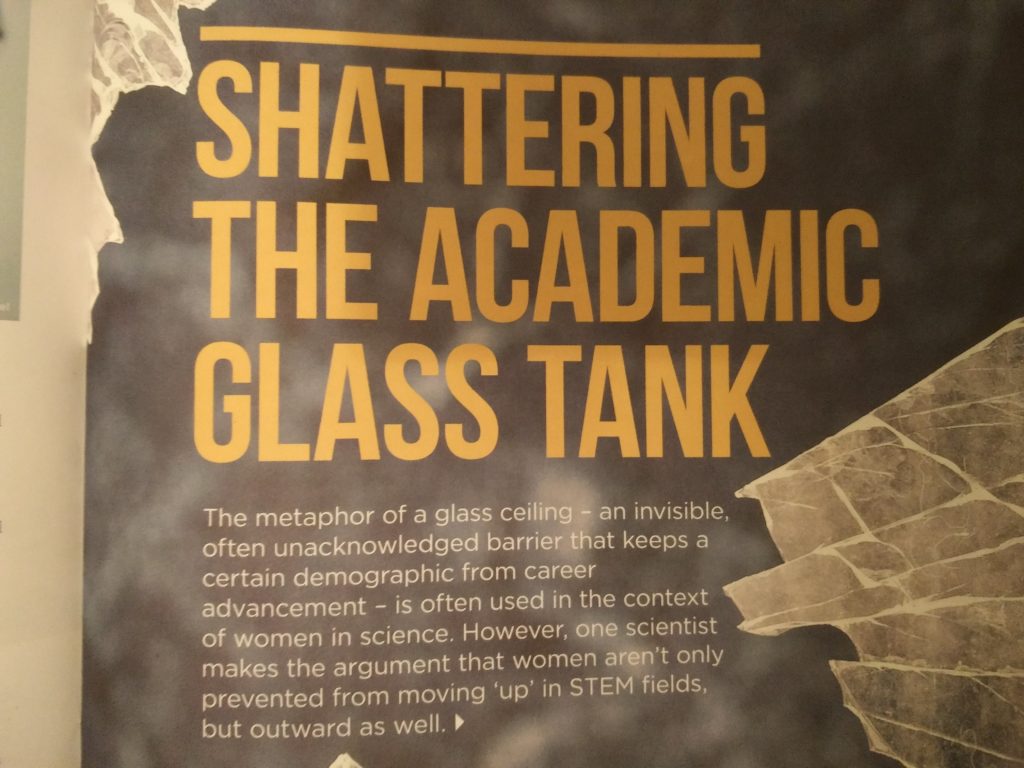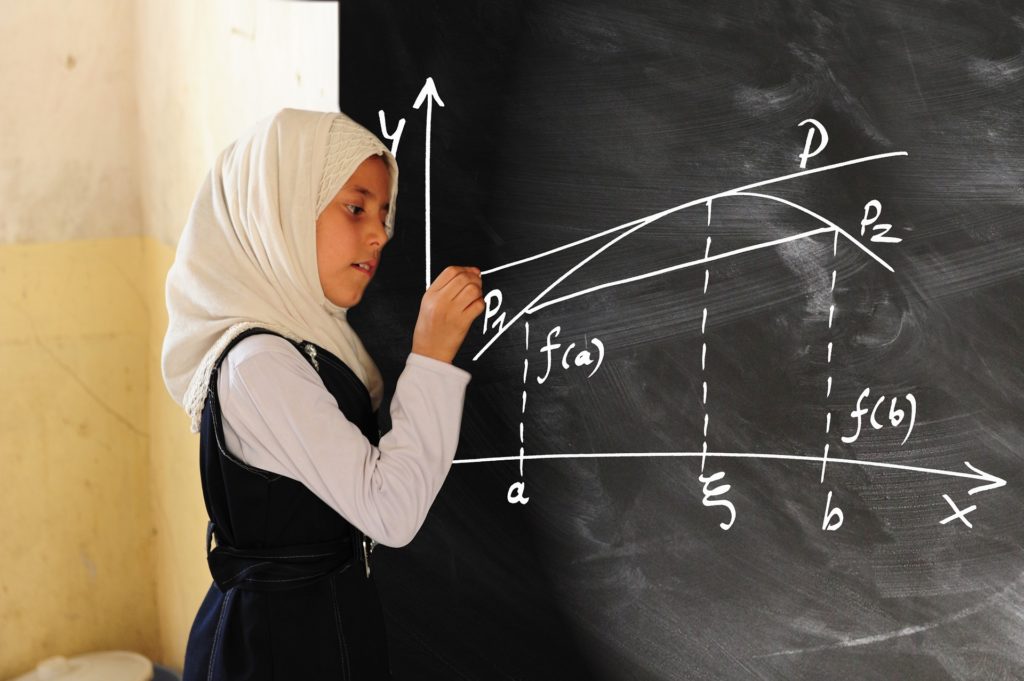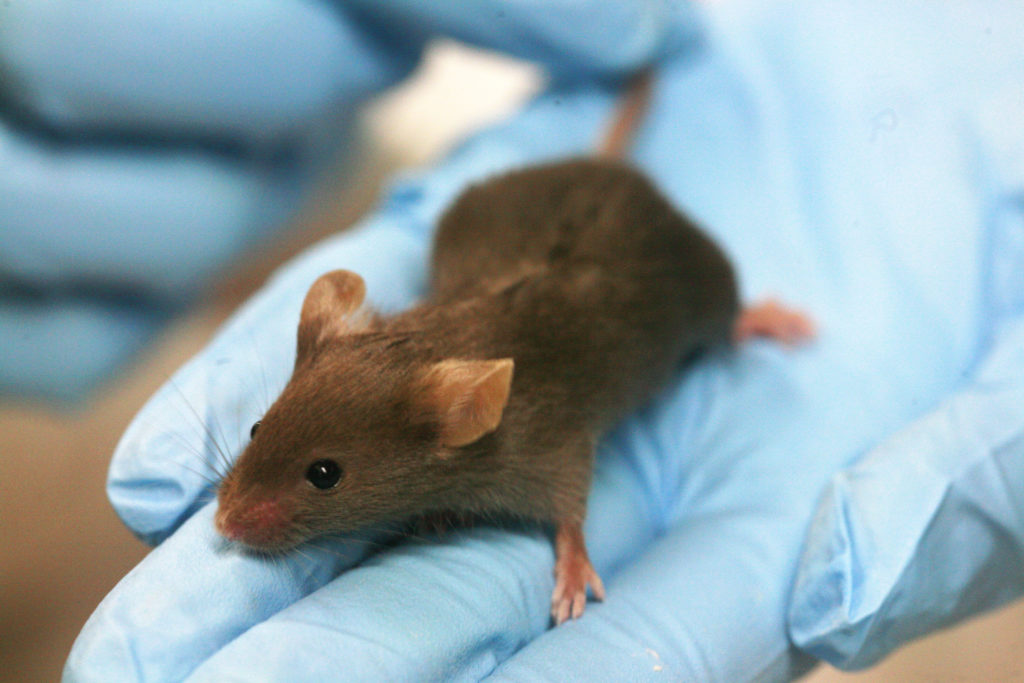My article for The Conversation | A dangerous fungus has been sweeping across North America with devastating consequences. In the past decade, between 5m and 7m bats in the US and Canada have been wiped out as a result of the fungal disease known as white nose syndrome, which alters their…
White nose syndrome is killing millions of bats via a contagious fungus – here’s how to stop it







